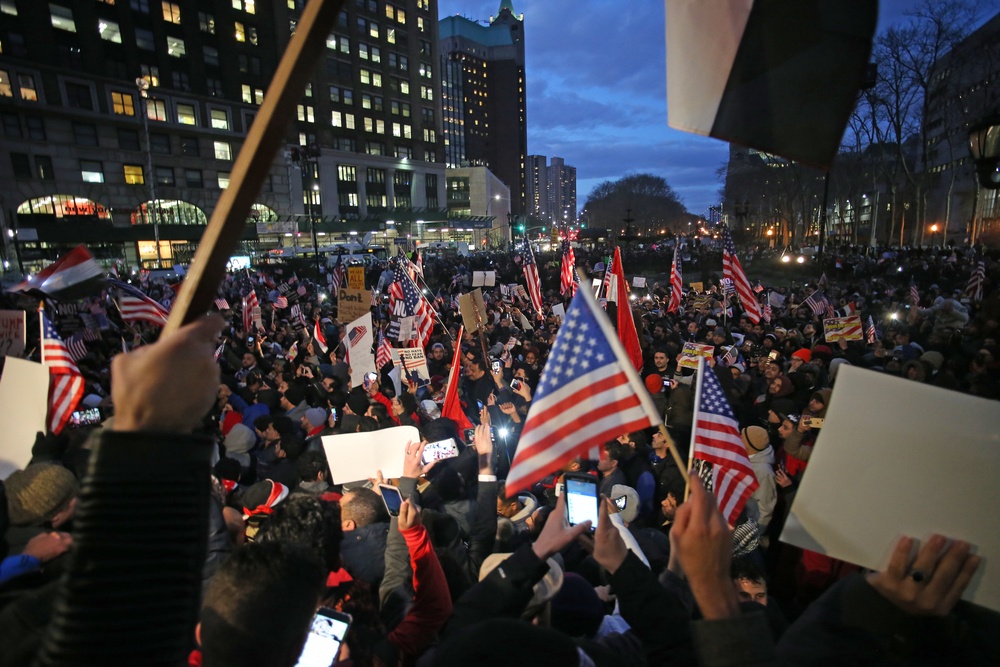Key Takeaways:
• Arizona lawmaker John Gillette called for the execution of Rep. Pramila Jayapal over a protest video.
• Gillette claimed Jayapal urged overthrow of the government, but video shows nonviolent tactics.
• He has defended January 6 rioters and used inflammatory language in past messages.
• Experts warn extreme rhetoric can fuel real-world violence and harm democracy.
Arizona Republican state representative John Gillette stirred fierce reaction when he posted on X that Democratic congresswoman Pramila Jayapal “should be hanged.” He argued Jayapal called for an overthrow of the government. Yet the video he reacted to simply discussed nonviolent protest tactics against the former president. In his brief post, John Gillette wrote that until people who “advocate for the overthrow of the American government are tried, convicted and hanged,” unrest will continue.
Why John Gillette Targeted a Congresswoman
Gillette’s comments followed a clip from Jayapal’s “Resistance Lab” series. In that session, a guest speaker explained how citizens can stay “strike ready” and “street ready” in peaceful ways. The full video, viewed by the Arizona Mirror, had no call for violence or rebellion. Instead, it focused on lawful protest, civil disobedience and community organizing. Despite this, John Gillette insisted Jayapal planned to topple the government and deserved death.
What Did Pramila Jayapal Actually Say?
Pramila Jayapal’s event aimed to teach nonviolent resistance. She encouraged Americans upset with President Trump to plan safe, peaceful actions. She spoke of strikes, petitions and public gatherings. Nowhere did she mention weapons or force. Moreover, she stressed legal rights and constitutional protections. In contrast, John Gillette used her words to push an extreme punishment.
John Gillette’s History of Extreme Rhetoric
This is not the first time John Gillette made alarming statements. After the January 6 Capitol attack, he praised the rioters as “political prisoners.” He refused to condemn violence against police officers. In several posts, he blamed Democrats for stoking hatred. He even compared his opponents to those responsible for Pearl Harbor and Sept. 11. Such messages prompted an ethics complaint, though he was cleared due to his First Amendment rights.
Expert Warnings on Political Violence
Experts say rhetoric like John Gillette’s can spark real danger. Dr. Robert Pape of the University of Chicago studies political violence. He warns America faces an “era of violent populism.” According to his research, punishing political rivals feeds extremism. Moreover, Dartmouth professor Jeff Sharlet calls Gillette’s words “grotesque.” He fears supporters might act on them. Both experts agree that threatening an opponent’s life crosses a clear line.
The Impact on Public Safety
When political leaders call for executions, they risk inciting violence. Transitioning from harsh words to real attacks takes little effort. An angry supporter who sees a trusted lawmaker demand hanging may feel justified in carrying out that threat. Therefore, public figures must choose words carefully. In addition, lawmakers rely on mutual respect to govern effectively. Threats undermine trust and endanger everybody, regardless of party.
Responses from Lawmakers
Several Arizona Democrats condemned John Gillette’s post. Assistant House Democratic Leader Nancy Gutierrez called it appalling and dangerous. She pointed out Jayapal only spoke about legal strikes and peaceful protest. Meanwhile, Republican leadership has not disciplined Gillette. He refused follow-up questions, dismissing journalists as biased. Jayapal’s office said she is abroad and unable to comment.
Why Language Matters
Words shape behavior. Harsh political language can create an “us versus them” mindset. This mindset fuels anger and justifies violent acts. As Dr. Pape notes, calls for punishment often backfire. They push opponents deeper into defiance. Ultimately, democracy weakens as civil discourse erodes. Leaders should offer olive branches, not threats. They need to de-escalate tensions, not fan the flames.
Moving Towards Safer Dialogue
In the face of rising political violence, experts urge calmer rhetoric. They recommend:
• Emphasizing shared goals over differences.
• Framing opponents as fellow citizens, not enemies.
• Rejecting violent metaphors and calls for harm.
• Encouraging peaceful, lawful protest and debate.
These steps can help reverse the trend toward political violence. They can also restore trust in public institutions and leaders.
Takeaways for Readers
John Gillette’s demand for a congresswoman’s execution crossed a dangerous line. Pramila Jayapal never urged violent overthrow. Instead, she discussed nonviolent tactics. Gillette’s past support for January 6 rioters and his history of extreme language show a pattern. Experts warn this kind of rhetoric can lead to real harm. Moving forward, public figures must choose words that unite, not divide.
Frequently Asked Questions
What exactly did John Gillette say about Pramila Jayapal?
Gillette posted that Jayapal should be tried, convicted and hanged. He claimed she sought to overthrow the U.S. government.
Did Pramila Jayapal call for violent protests?
No. Her video focused on nonviolent resistance, legal strikes and community actions, not violence or armed rebellion.
Has Gillette apologized or retracted his statement?
As of now, he has not. He refused to expand on his comments and dismissed journalists.
Why do experts worry about this rhetoric?
Experts say violent or extreme language by leaders can inspire followers to commit real violence. It also damages trust and civil dialogue.
